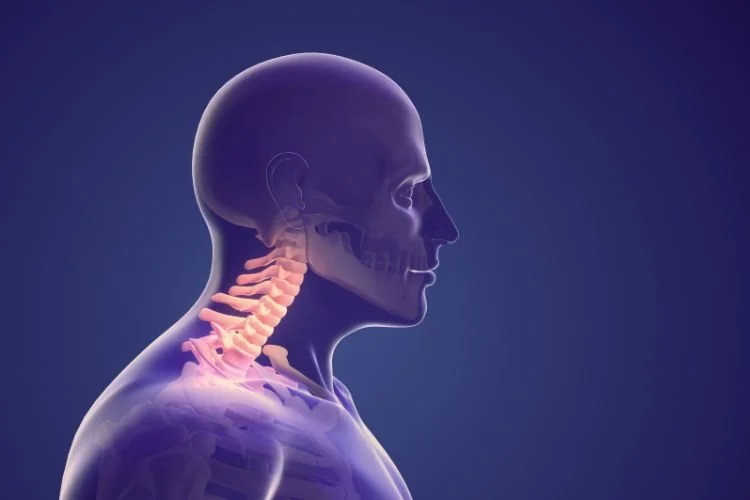Understanding Dizziness After Concussions: How Upper Cervical Chiropractic Fits In
Concussions & Their Lingering Echo: The Dizziness Dilemma
Concussions, a form of traumatic brain injury, can be as mystifying as they are alarming. While immediate symptoms like disorientation or loss of consciousness are well-acknowledged, many aren't prepared for the lingering aftermath - particularly, the perplexing world of post-concussion dizziness.
Dr. Amanthi Demuth from Sartell is here to shed light on this phenomenon and explore the therapeutic potential of upper cervical chiropractic care in its management.
Diving into Dizziness: The Post-Concussion Picture
Dizziness after a concussion is more than just a fleeting sensation. It's a multi-faceted experience:
Vertigo: A spinning sensation where either the world seems to whirl or you feel like you're in motion.
Imbalance: A shaky, unsteady feeling while standing or walking.
Disorientation: A vague sense of being disconnected from surroundings.
These sensations can last for days to even months post-injury.
Where the Neck Enters the Scene
Why might the neck be pivotal in this story of dizziness?
Neck and Brain Synergy: The neck, especially the upper cervical region, has a dense network of nerves and muscles that communicate directly with the brain.
Atlas Misalignment: A concussion can result in misalignment of the atlas (C1 vertebra), affecting the equilibrium centers in the brain and leading to dizziness.
Blood Flow Disruption: Neck trauma can impact blood flow to certain regions of the brain, intensifying dizziness and related symptoms.
Upper Cervical Chiropractic: A Beacon of Balance?
The role of upper cervical care in this landscape is multi-dimensional:
Atlas Realignment: Precise adjustments by chiropractors like Dr. Demuth can help restore the atlas to its optimal position, potentially mitigating dizziness.
Improved Neural Communication: Proper alignment can streamline nerve signaling between the brain and neck, easing symptoms.
Comprehensive Care Approach: Alongside adjustments, practitioners consider factors like lifestyle, posture, and stress, crafting a holistic strategy for patient recovery.
Embracing a Multi-Faceted Recovery Route
Concussions are intricate, and their aftermath, including dizziness, calls for an integrative care strategy. While medications or physical therapy play their roles, upper cervical chiropractic can offer an alternative or complementary avenue to navigate this journey back to stability.
Charting the Path Forward: If dizziness has you in its grip post-concussion, know that a combination of interventions, with upper cervical care in the mix, might provide the clarity and balance you seek.
Dr. Amanthi Demuth's practice in Sartell stands as a beacon for those eager to explore this promising avenue.
Author's Gentle Reminder: Medical landscapes are ever-evolving and highly individualized. This article aims to enlighten, but your health journey is unique.
Seek insights and guidance from trusted professionals, like Dr. Demuth, to tailor a course fitting your distinct narrative.




